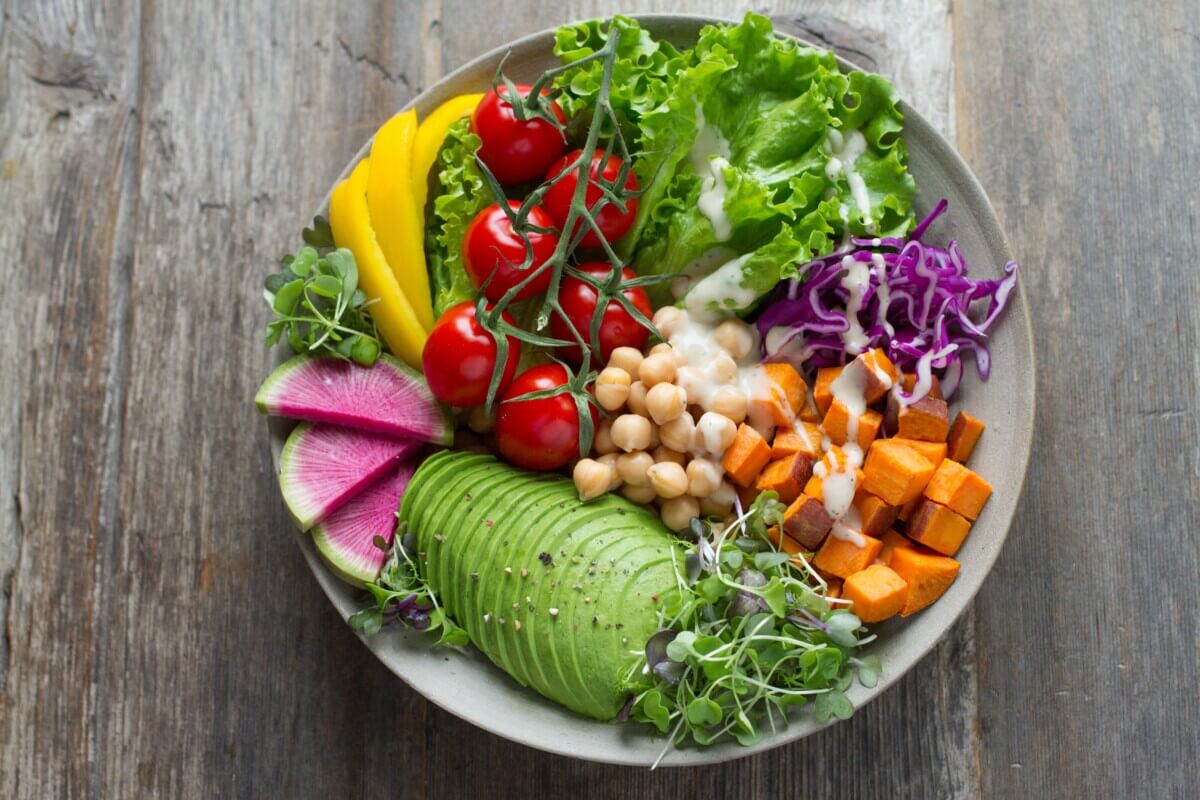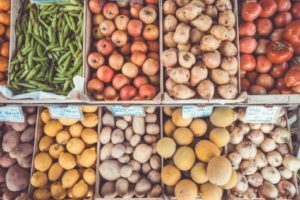
Photo by Anna Pelzer on Unsplash
ÅLESUND, Norway — Five is good, but eight is great. A study suggests that what we’re taught from childhood about the number of servings of fruit and vegetables we should eat a day is actually wrong.
Researchers at the Norwegian University of Science and Technology (NTNU) analyzed an extensive set of data in order to determine the relationship between fruit and vegetable consumption and the onset of chronic disease. The team utilized 142 publications from 95 major population studies that examined links between eating produce and chronic disease.
What they found was that eight servings a day— instead of five— is optimal for one’s health.

Shockingly, the study also shows that for every 200-gram increase in consumption, one’s risk of stroke and premature death decreased by 10.8 percent. This finding stayed consistent for intakes not exceeding 800 grams.
If fruit and vegetable consumption worldwide was on par with optimal levels, they concluded, 7.8 million deaths a year could be prevented. This includes two to four million deaths related to cardiovascular disease, and 660,000 deaths related to cancer.
Never too late to add more fruits and vegetables to your diet
Dagfinn Aune, the study’s lead author, suggests that the largest benefits are to be gained by those who consume hardly any fruits or vegetables.
“Part of what is most fascinating about this study is that the association between fruit and vegetables and mortality is greater than one would expect only on the basis of the relationships we find with cardiovascular disease and cancer, so it is conceivable that fruit and vegetables are beneficial in preventing other diseases and causes of death as well,” Aune says in a university release. “But since we had very limited data, we could not do analyses for other causes of death. This is something we want to pursue.”
Also of note, those who have a higher fruit and veggie intake were found to generally be more physically active, smoke less, and consume less red meat and alcohol. While there was clear correlation, Aune emphasized that they didn’t attribute causation.
Apples and pears, citrus fruits, green leafy vegetables, cruciferous vegetables, and salads were linked to a decrease in risk of cardiovascular disease. Green-yellow vegetables and cruciferous vegetables had a greater impact in reducing the risk of cancer.
Interestingly, the study found that canned fruit actually increased one’s risk of developing cardiovascular disease or dying prematurely.
The researchers published their findings in the International Journal of Epidemiology.











4 Comments